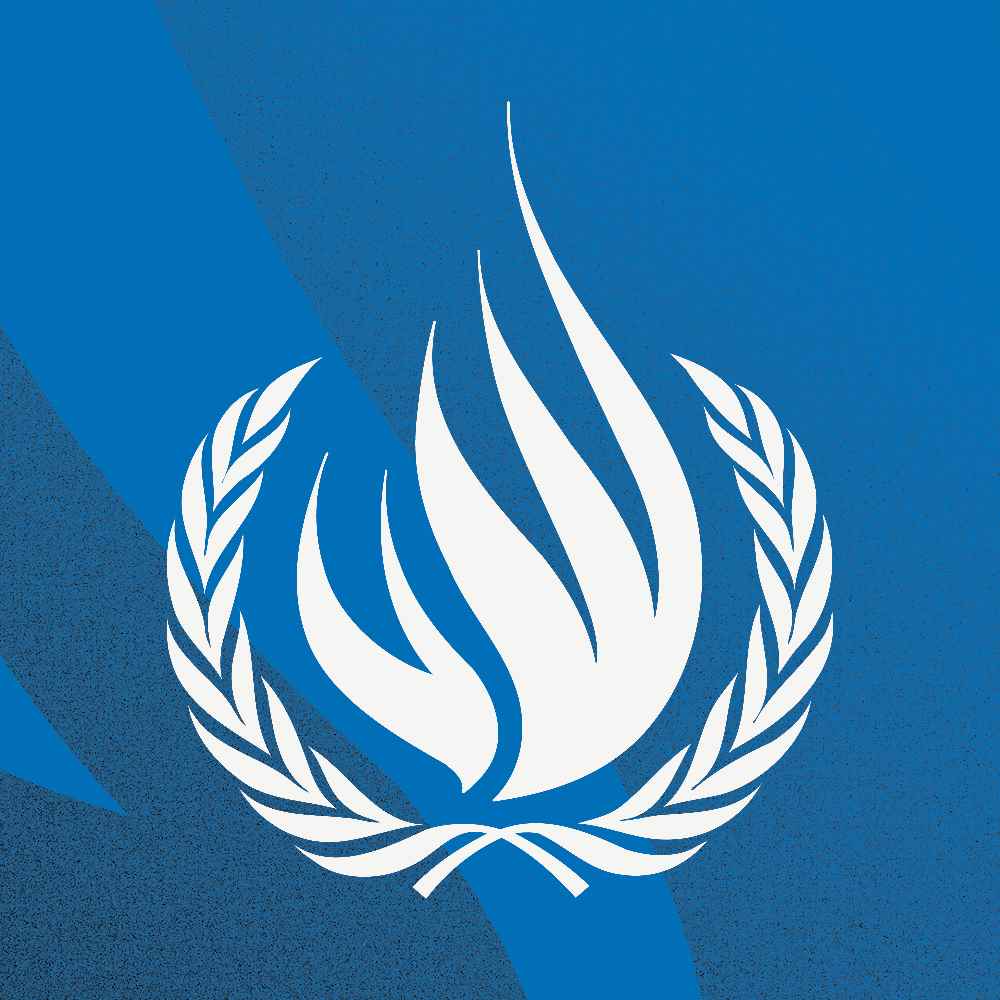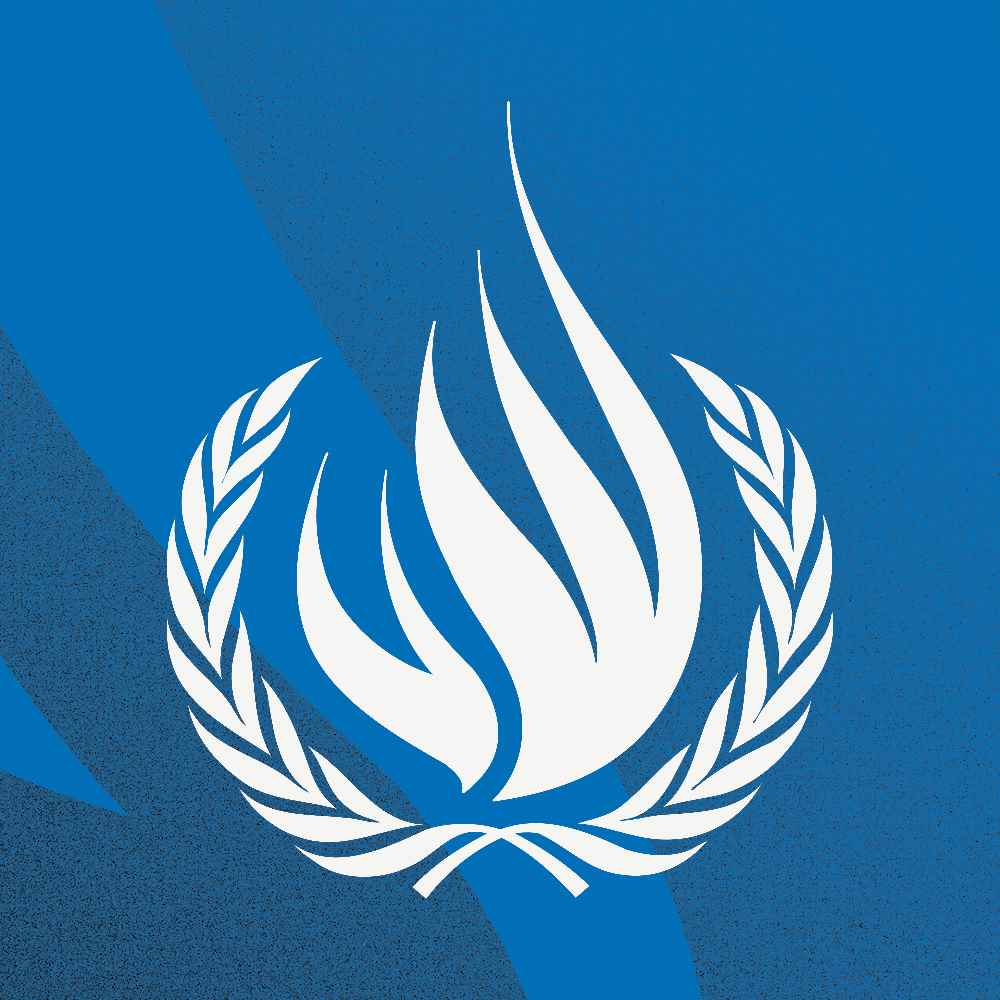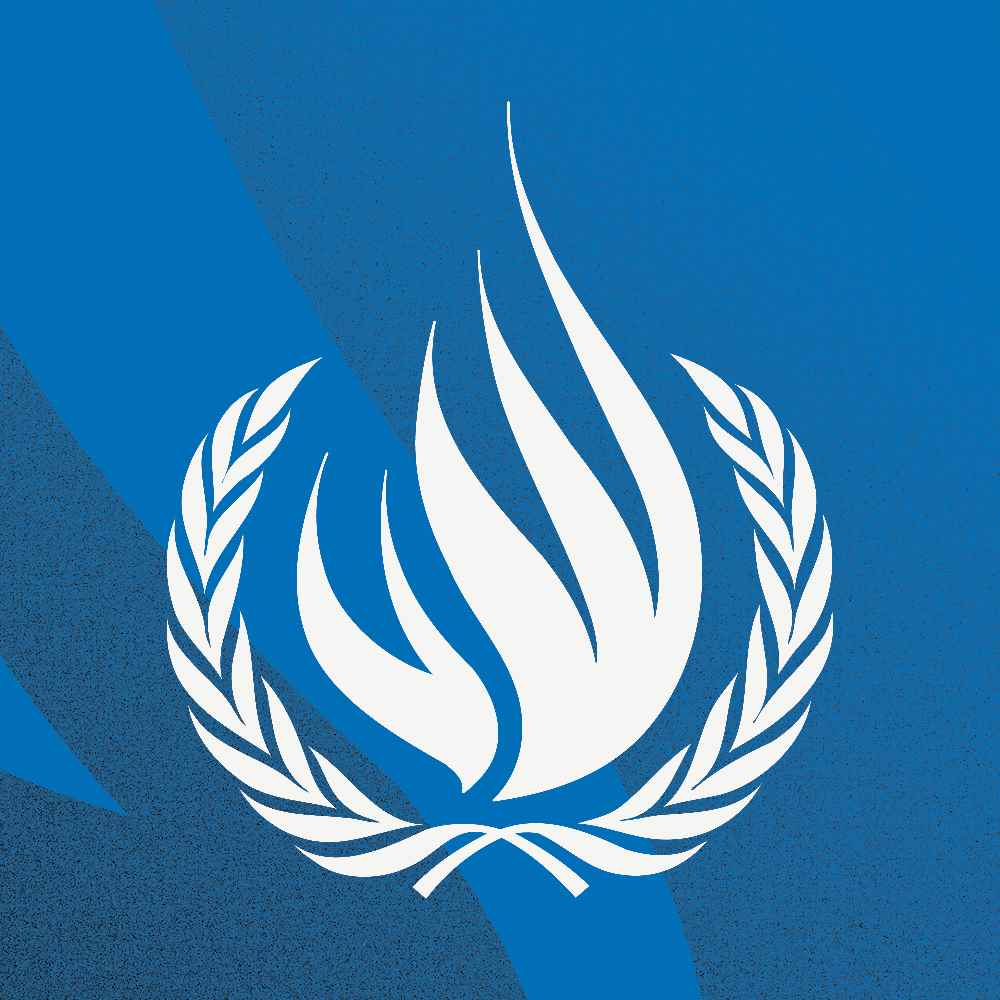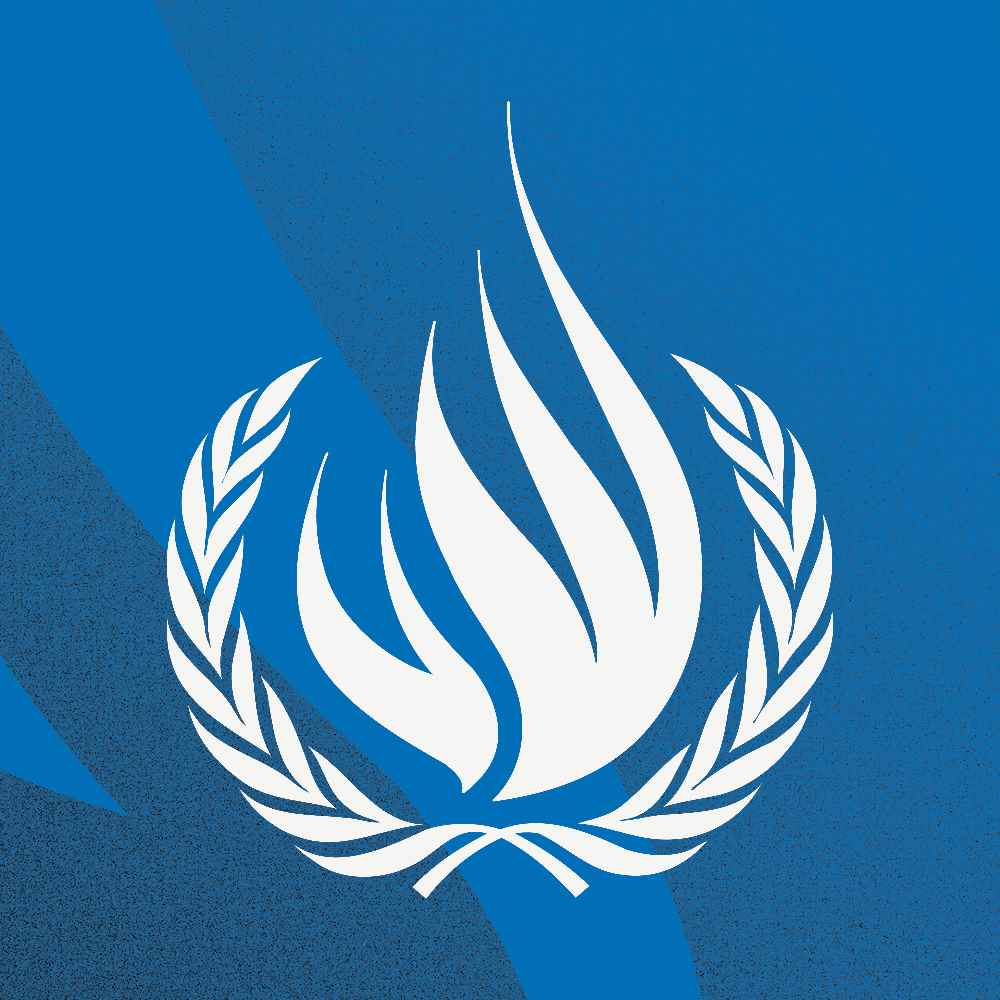
NEW YORK - Territorial or sectoral autonomy help minority groups preserve and promote their identity but that autonomy should be balanced with institutional mechanisms allowing persons belonging to minorities to contribute to society as a whole, a UN expert said today.
Presenting his report to the General Assembly, Nicolas Levrat, the Special Rapporteur on minority issues, said the protection and promotion of the rights of persons belonging to minorities are not only beneficial to them personally, but also to their respective societies, as well as the international community.
The report outlines how different institutional designs by states either promote or impede the fate of minorities. “Self-rule for minority groups on a given territory or on some sectoral issues will de facto guarantee a certain degree of effective participation of minorities and therefore protect and promote diversity in national society,” Levrat said.
The Special Rapporteur provides recommendations on how institutional designs by states based on the subsidiarity principle can ensure the preservation and promotion of identity and effective participation of persons belonging to minorities for the benefit of society as a whole.
Levrat also calls on States and international organisations, especially the UN, to prioritise such institutional considerations in peacebuilding processes through minority-suitable institutional designs that contribute to long-lasting peace.
Calling for an end to conflicts, Levrat said peacebuilding processes are both a time for major institutional changes and an opportunity to alleviate potential tensions between groups co-existing within a single but diverse, peaceful, stable and inclusive society.
Nicolas Levrat is the Special Rapporteur on minority issues
The Special Rapporteurs are part of what is known as the Special Procedures of the Human Rights Council. Comprising the largest body of independent experts in the UN Human Rights system, Special Procedures is the general name of the Council"s independent fact-finding and monitoring mechanisms that address either specific country situations or thematic issues in all parts of the world. Special Procedures experts work on a voluntary basis; they are not UN staff and do not receive a salary for their work. They are independent from any government or organization and serve in their individual capacity.
For more information and media requests please contact Manon Beury, Human rights officer, manon.beury@un.org or Fatuma Ali, Fatuma.ali@un.org
For media inquiries related to other UN independent experts, please contact Dharisha Indraguptha (dharisha.indraguptha@un.org) or John Newland (john.newland@un.org).
Follow news related to the UN’s independent human rights experts on X @UN_SPExperts










